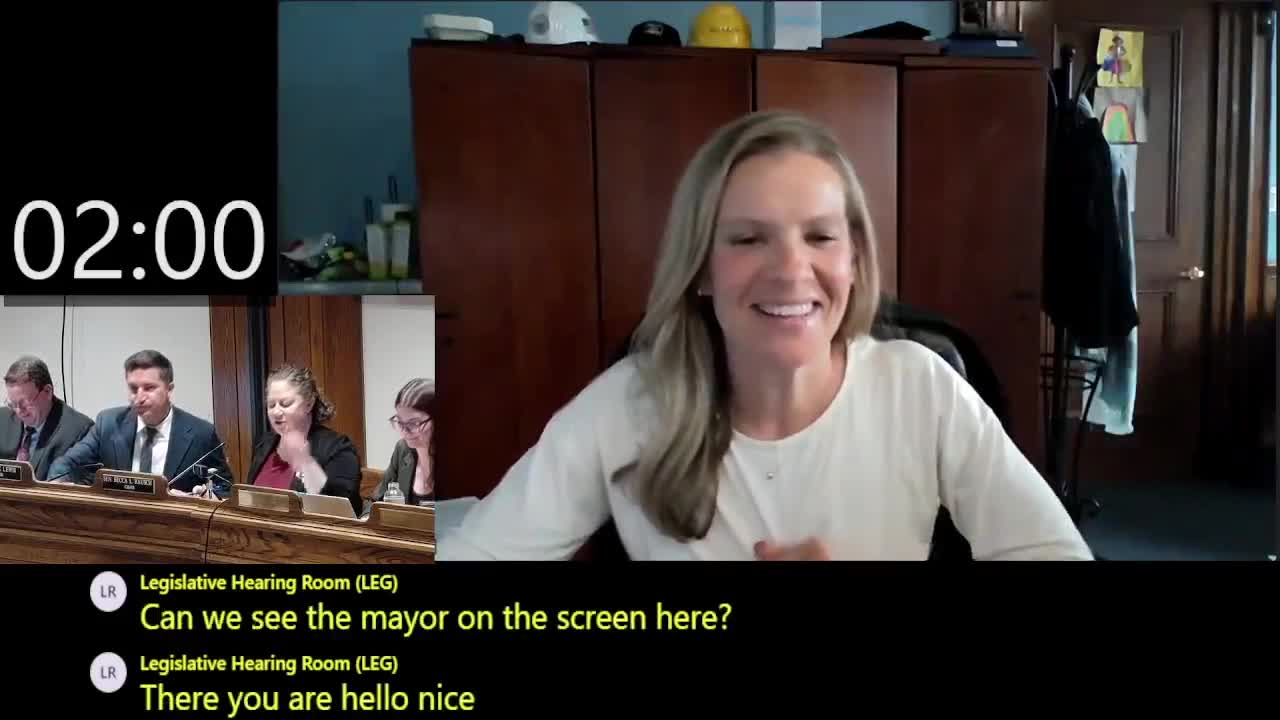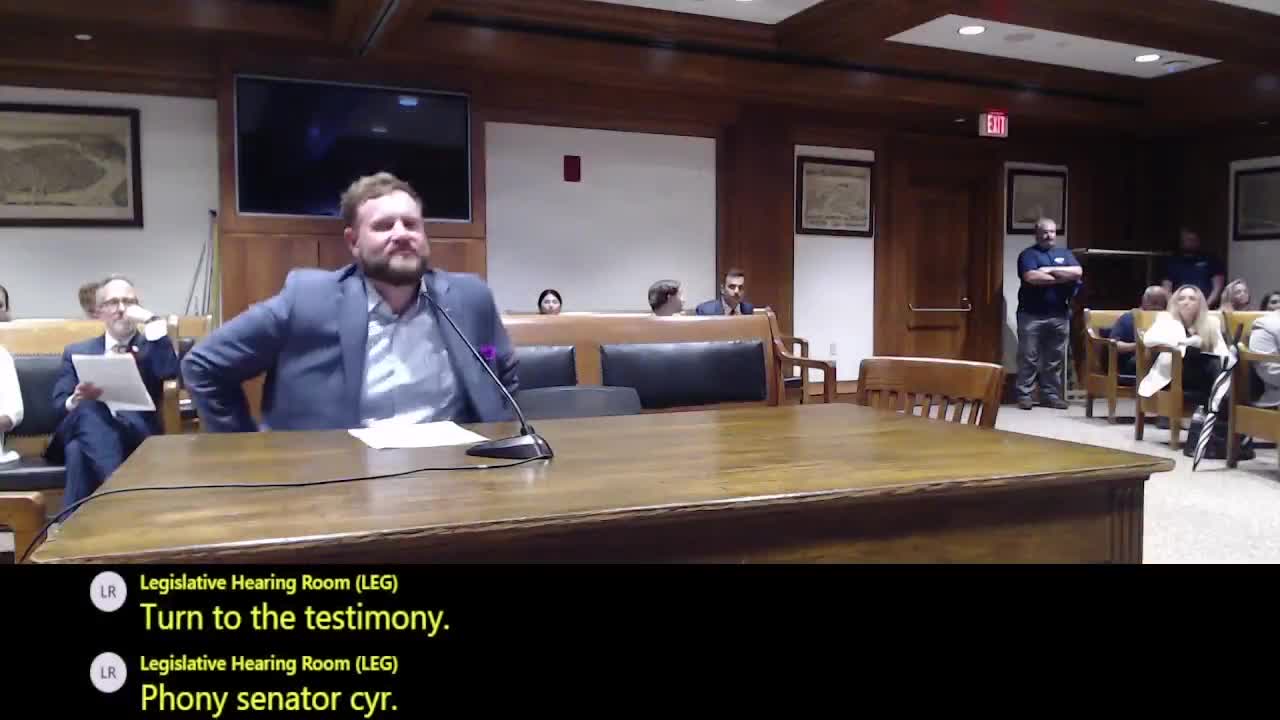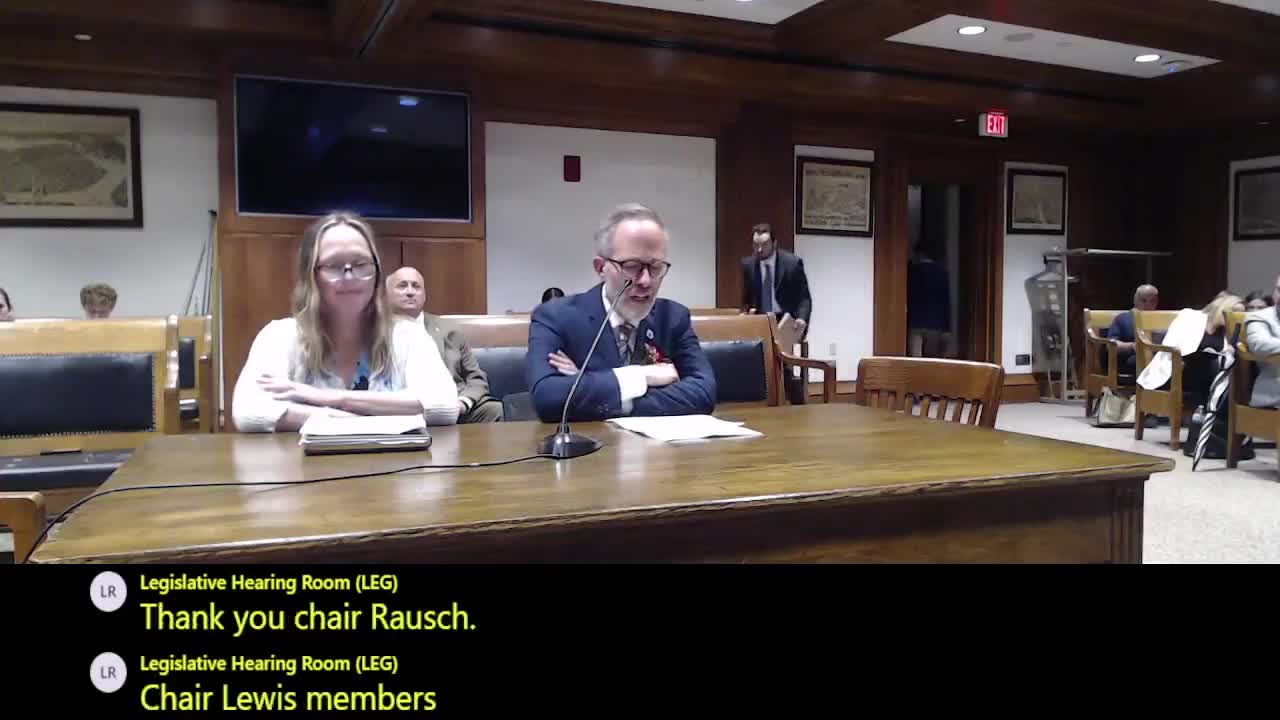Article not found
This article is no longer available. But don't worry—we've gathered other articles that discuss the same topic.

Medford mayor, delegation ask committee to favorably report home‑rule petition to adopt new city charter

Senator Cyr urges no‑cost pre‑service training for local boards to reduce legal risk and improve consistency

